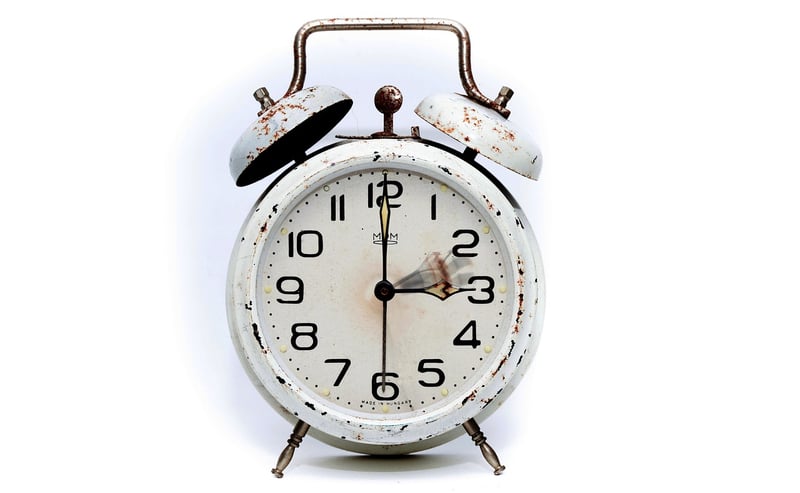Grandfather Paradox
The Complexities of Altering Timelines and the Grandfather Paradox
Time travel has long been a popular concept in science fiction, but the idea of altering timelines and the resulting paradoxes that can occur can be mind-boggling. One of the most famous paradoxes associated with time travel is the Grandfather Paradox.
Understanding Altering Timelines
When a time traveler changes something in the past, it can have a ripple effect on the future timeline. This alteration can lead to a variety of consequences, creating new realities, alternate histories, or even parallel universes.
The Grandfather Paradox
The Grandfather Paradox is a classic example that illustrates the complexities of time travel. It poses the question: What would happen if a time traveler went back in time and prevented their grandfather from meeting their grandmother, thus preventing their own birth?
This paradox raises fundamental questions about causality and the nature of time. If the time traveler prevents their own birth, then how could they exist to go back in time in the first place? This creates a logical inconsistency that challenges our understanding of cause and effect.
Dealing with Paradoxes
Writers and scientists have proposed various theories to address these paradoxes, such as the idea of multiple timelines or parallel universes. These concepts suggest that when a change is made in the past, a new timeline branches off, allowing for the existence of different realities.
Conclusion
While the complexities of altering timelines and the Grandfather Paradox may seem puzzling, they continue to spark our imagination and curiosity about the nature of time and causality. Whether it's in literature, movies, or scientific speculation, the concept of time travel will always be a fascinating subject for exploration.

Explore more about the complexities of time travel and paradoxes in the realm of science fiction and theoretical physics to delve deeper into this intriguing topic.
Learn more about time travel on Wikipedia